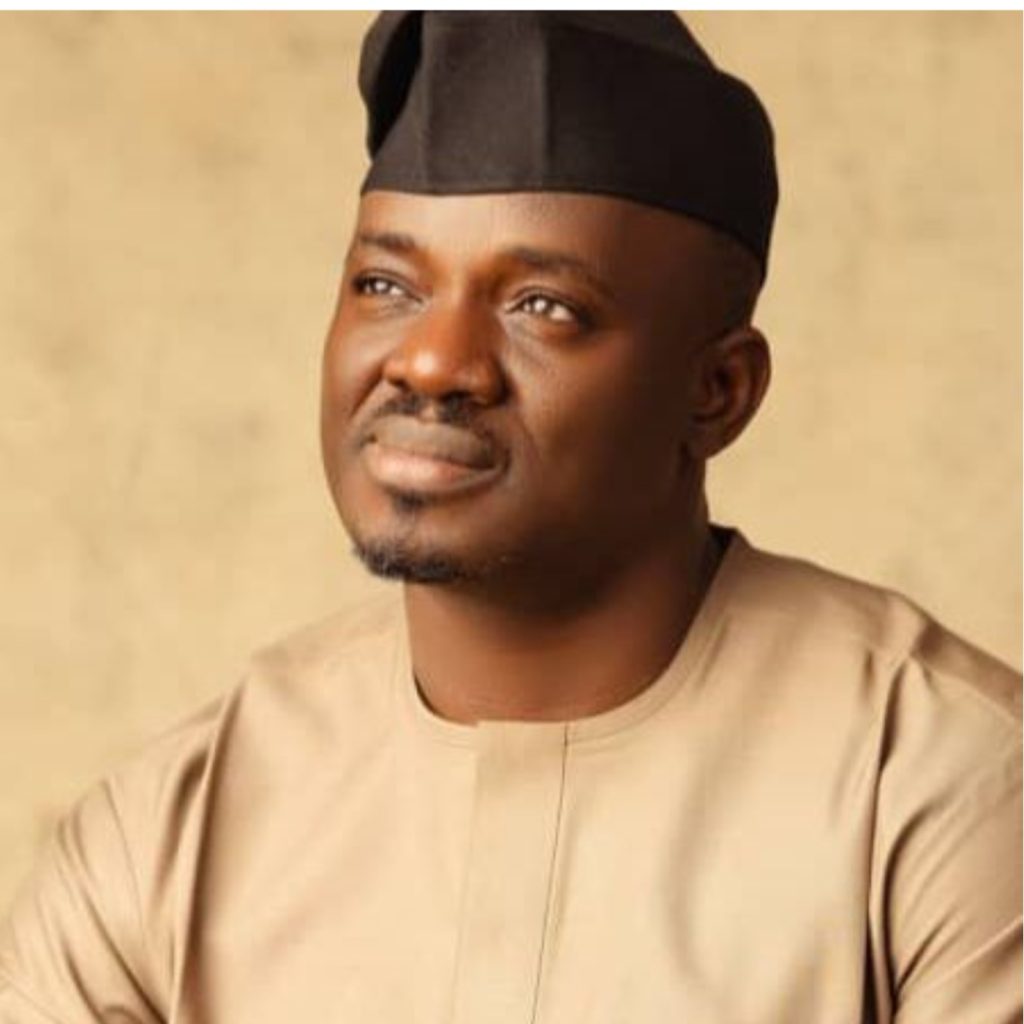The United States has announced plans to resume nuclear arms testing, with Vice President J.D. Vance stating that it is crucial for ensuring the country’s nuclear arsenal remains functional. The decision, made by President Donald Trump, aims to maintain the effectiveness of the weapons amidst strategic competition with Russia and China. According to Trump, the testing process will commence immediately in response to other countries’ testing programs.
Vance emphasized the importance of nuclear testing for American national security, explaining that it is necessary to verify the functionality of the nuclear arsenal. However, he did not provide details on the type of nuclear tests the US would be conducting. Republican Senator Tom Cotton clarified that the tests would likely involve small, controlled, and underground detonations, rather than large-scale explosions.
The Kremlin has responded to the announcement, with spokesman Dmitry Peskov referencing Russian President Vladimir Putin’s previous statements on the matter. Peskov noted that if the US abandons the moratorium on nuclear testing, Russia will take corresponding action. He also denied knowledge of any recent nuclear tests conducted by other countries, and clarified that Russia’s recent launch of a new cruise missile was not a nuclear test.
China’s Foreign Ministry has urged the US to adhere to its obligations under the Comprehensive Nuclear-Test-Ban Treaty and to uphold the international nuclear disarmament and non-proliferation regime. The US had previously halted nuclear arms testing in 1992, while Russia’s last test took place in 1990 and China’s in 1996.
The resumption of nuclear testing by the US has significant implications for global strategic balance and stability. The move is likely to be closely watched by the international community, as it may impact the fragile balance of power among nuclear-armed nations. As the situation develops, it remains to be seen how other countries will respond to the US decision and what the consequences will be for international relations and global security.



